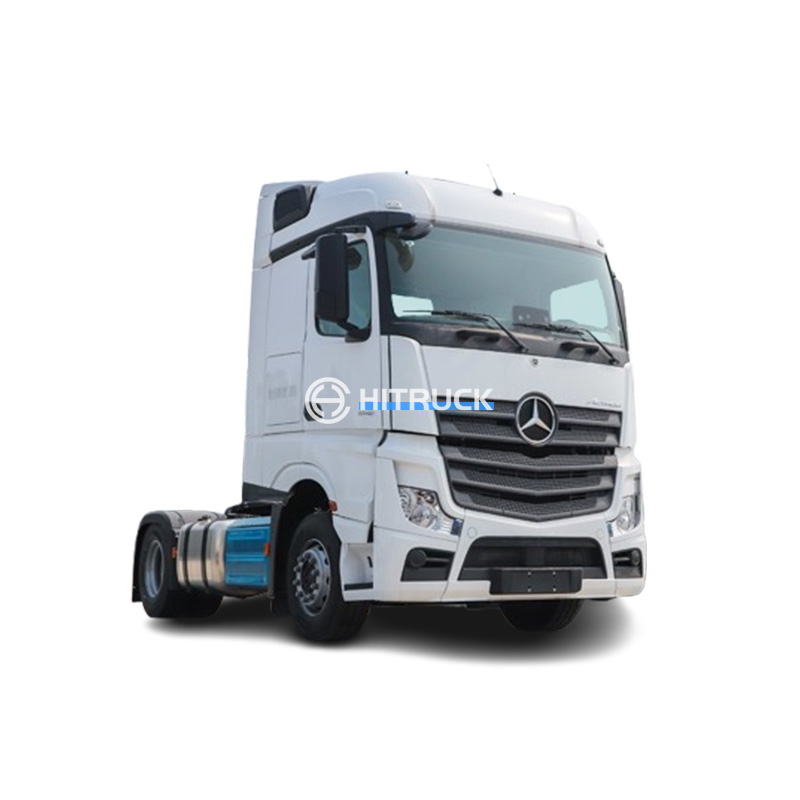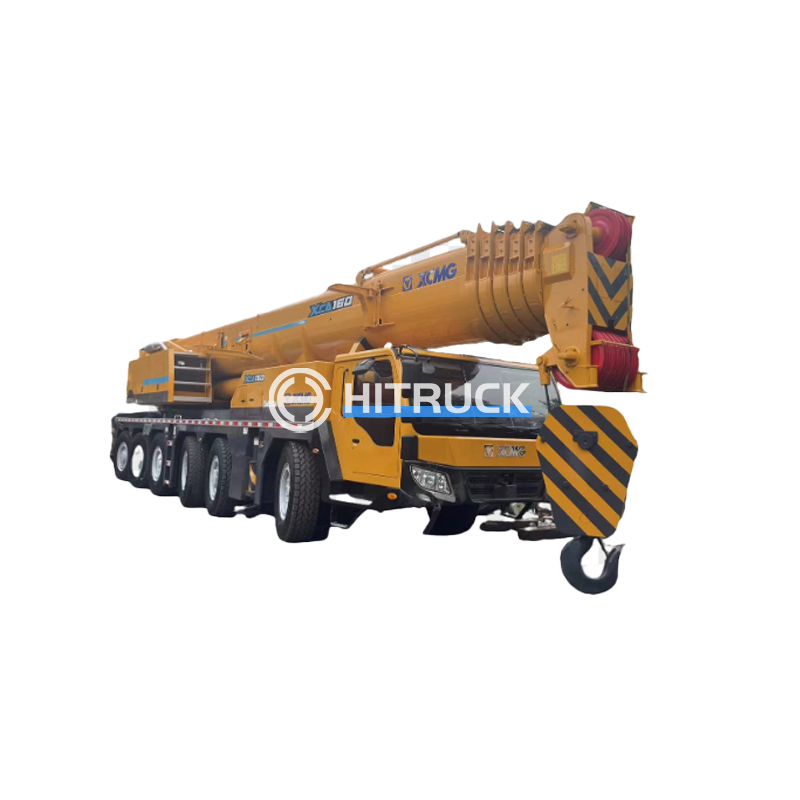Ace Tower Crane: A Comprehensive GuideAce tower cranes are a critical component in modern construction projects, facilitating the efficient lifting and placement of heavy materials. This guide delves into the various aspects of ace tower cranes, providing a comprehensive overview for professionals and enthusiasts alike. We'll explore their features, applications, safety considerations, and the factors to consider when selecting the right crane for your needs.
Understanding Ace Tower Cranes
Types and Configurations of Ace Tower Cranes
Ace tower cranes come in various types and configurations, each designed for specific applications. Common types include luffing jib cranes, hammerhead cranes, and flat-top cranes. The choice depends on factors like the project's height, reach, and lifting capacity. For instance, luffing jib cranes are ideal for projects requiring a smaller footprint and variable jib radius, while hammerhead cranes offer greater lifting capacity and reach. Understanding these distinctions is crucial in selecting the appropriate
ace tower crane for your project. This selection process often involves consulting with crane rental companies or manufacturers such as
Suizhou Haicang Automobile sales Co., LTD, a leading provider of heavy equipment.
Key Features and Specifications
Several key features distinguish different
ace tower cranes. These include: Lifting Capacity: Measured in tons, this indicates the maximum weight the crane can lift. Maximum Height Under Hook: The highest point the hook can reach. Jib Length: The horizontal distance from the tower to the hook. Hoisting Speed: The speed at which the load is lifted. Slewing Speed: The speed at which the crane rotates.It's crucial to carefully review these specifications when selecting a crane for a specific project to ensure it meets the required lifting capacity and reach. Mismatched specifications can lead to delays and potential safety hazards.
Safety Features and Regulations
Safety is paramount when operating
ace tower cranes. Modern cranes incorporate various safety features, including: Limit Switches: Prevent overloading and exceeding operational limits. Emergency Stops: Allow for immediate shutdown in case of emergencies. Load Moment Indicators (LMIs): Monitor the load and prevent unsafe operations.Adherence to relevant safety regulations and best practices is mandatory. Regular maintenance and inspections are vital to ensure the crane's continued safe operation.
Selecting the Right Ace Tower Crane for Your Project
Choosing the appropriate
ace tower crane requires careful consideration of several factors: Project Requirements: Lifting capacity, reach, height, and the types of loads. Site Conditions: Space constraints, ground conditions, and accessibility. Budget: Rental or purchase costs, maintenance, and operating expenses.
Comparison of Popular Ace Tower Crane Models (Example)
| Model | Lifting Capacity (tons) | Max. Height Under Hook (m) | Jib Length (m) |
| Model A | 16 | 50 | 40 |
| Model B | 25 | 60 | 55 |
| Model C | 10 | 35 | 30 |
Note: These are example specifications and may vary depending on the manufacturer and specific model. Always refer to the manufacturer's specifications for precise details.
Maintenance and Operation of Ace Tower Cranes
Regular maintenance is crucial for ensuring the safe and efficient operation of
ace tower cranes. This includes regular inspections, lubrication, and component replacements as needed. Proper training for operators is also essential. Neglecting maintenance can lead to equipment failure and potential accidents.
Conclusion
Ace tower cranes play a vital role in modern construction. Understanding their types, features, and safety requirements is crucial for selecting and operating them effectively. Remember to consult with professionals and adhere to safety regulations to ensure safe and successful project completion. For further information on heavy equipment, including
ace tower cranes, you may find additional resources online. Always prioritize safety and proper operation.












